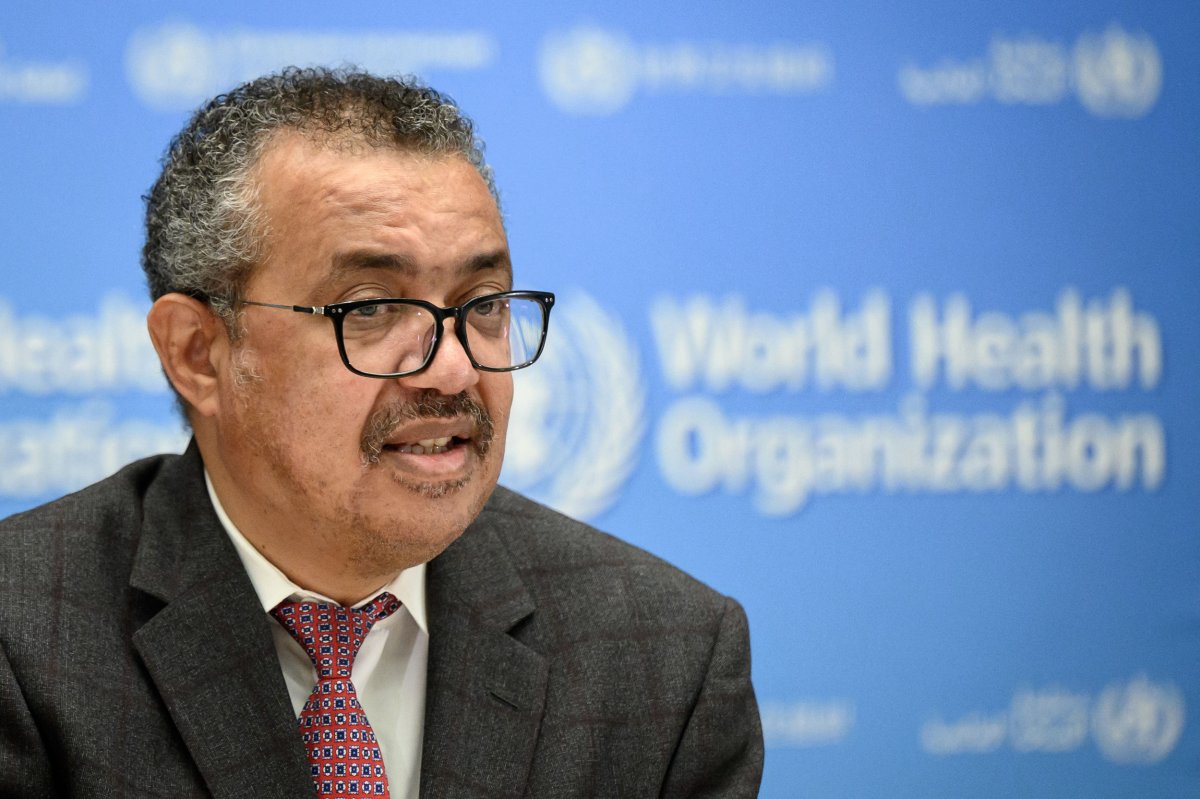The head of the World Health Organization (WHO) announced on Wednesday that an independent expert group will be convened to determine if the increasing spread of the mpox virus in Africa should be declared a global emergency.
The Africa Centers for Disease Control and Prevention (CDC) reported last week that mpox, formerly known as monkeypox, has been detected in 10 African countries this year, including the Democratic Republic of the Congo (DRC). The DRC has more than 96 percent of all cases and deaths. Meanwhile, Burundi and Rwanda reported the virus for the first time last week. Mpox cases are up 160 percent and deaths have increased by 19 percent this year from the first seven months of 2023, according to the African CDC.
At a press briefing in Geneva, WHO Director-General Tedros Adhanom Ghebreyesus said that given “the spread of mpox outside DRC and the potential for further international spread within and outside Africa,” he decided to convene an emergency committee “as soon as possible.”
The emergency committee will be formed under the International Health Regulations (IHR), a set of legally binding rules for the WHO when dealing with public health risks “to advise me on whether the outbreak represents a public health emergency of international concern,” Tedros said.
Additionally, WHO has released $1 million from its emergency fund to combat the virus, Tedros said.

Fabrice Coffrini/AFP via Getty Images
Tedros declared mpox a global emergency back in July 2022 when an outbreak of the virus reached over 70 countries, including the U.S., mostly affecting gay and bissexual men. At the time, there was a lack of consensus among experts and Tedros unilaterally made the declaration without an expert recommendation. Before 2022, the virus was predominantly found in West or Central Africa.
In total, the 2022 to 2024 mpox outbreak has led to 99,176 confirmed cases and 208 deaths among 116 countries.
The virus spreads through close contact with an infected person or animal or through materials that an infected person has been in contact with like blankets or clothes.
Mpox symptoms may start three to 17 days after a person is exposed to the virus and can last two to four weeks. Symptoms may include:
- Fever
- Skin rash
- Swollen lymph nodes
- Headache
- Muscles aches and backaches
- Chills
- Tiredness
To prevent becoming infected with mpox or spreading the virus, wash your hands with soap and water after contact with an infected person or animal, have infected people isolate from others, avoid close contact with people who have a rash that looks like mpox, avoid handling materials that have made contact with an infected person or animal, and avoid animals that may carry the virus.
The CDC in the U.S. also recommends vaccination against mpox if you were or may have been exposed to an infected person, had a sex partner in the past two weeks who was diagnosed with the virus, or are gay, bisexual or a man who has sex with men or a transgender, nonbinary or gender-diverse person who has had a new diagnosis of one or more sexually transmitted diseases or more than one sex partner in the past six months.
For more on mpox vaccine recommendations, visit the CDC website.

إرسال تعليق